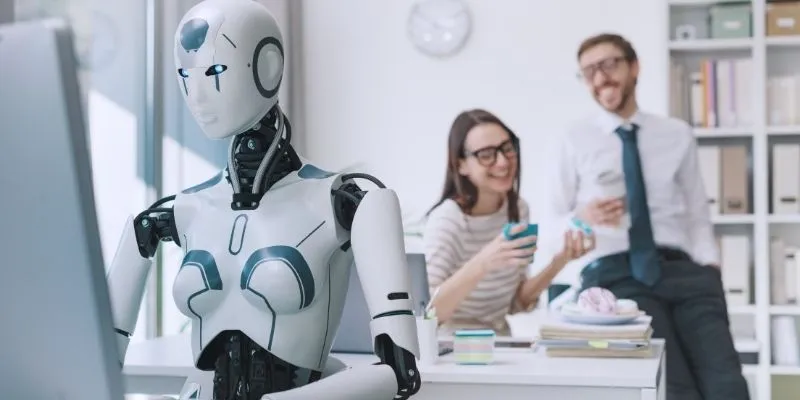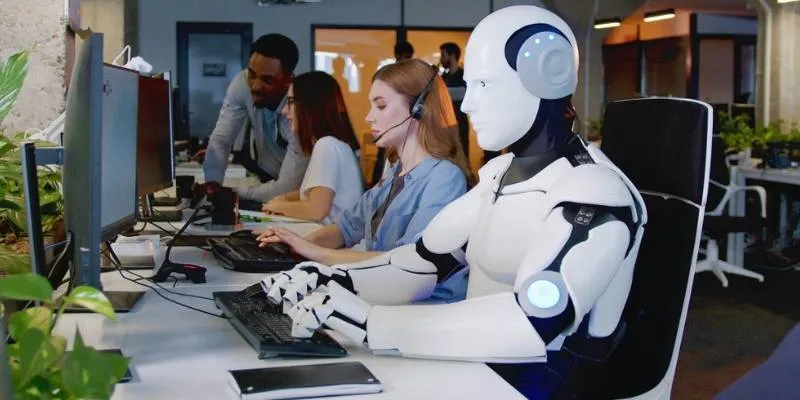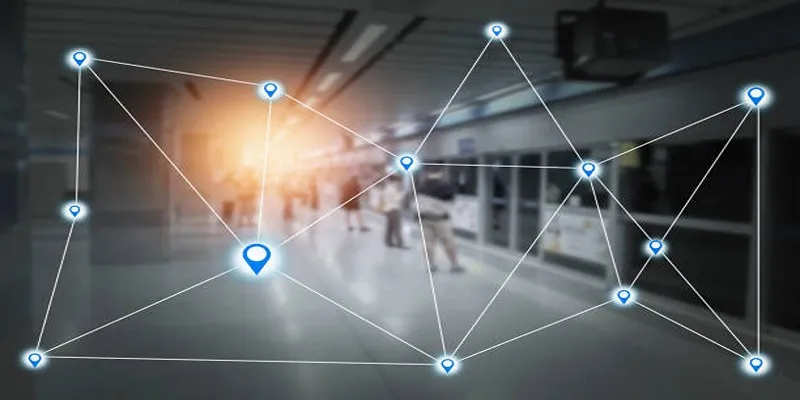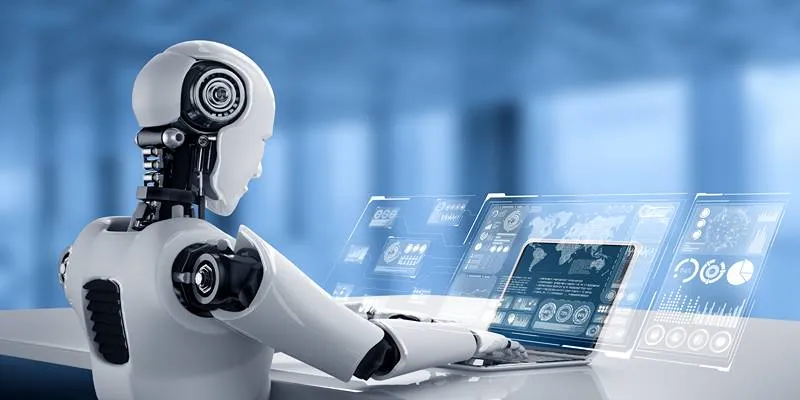A former Boeing engineer has successfully secured $6 million in funding to develop artificial intelligence “brains” for industrial robots. This innovative project aims to make robots smarter, more flexible, and easier to collaborate with on factory floors. Currently, many industrial machines are rigid and require extensive reprogramming to adapt to even minor changes.
The Need for Smarter Industrial Robots
For decades, industrial robots have been reliable fixtures in manufacturing, valued for their speed and precision. However, they are often limited by their rigidity. A small change in the production line—such as a new part or layout shift—can halt operations as engineers reprogram the system. This lack of flexibility increases costs and delays adaptation to changing manufacturing needs.
The former Boeing engineer behind this new initiative experienced these frustrations firsthand in aerospace. Advanced automation often stumbled over minor variations, like a misaligned fixture. This inspired the vision for smarter robots equipped with AI “brains” that can learn and adapt like humans.
Today’s factory machines lack the ability to autonomously recognize and respond to changes. By integrating machine learning, sensors, and computer vision, these AI brains will enable robots to understand their environment and make intelligent adjustments, ensuring smooth production.
Designing AI Brains for Robots
The AI systems are designed as independent platforms compatible with various existing robot hardware. By separating the physical machine from its intelligence, factories can upgrade robot capabilities without replacing costly equipment. This is akin to teaching a worker new skills, allowing robots to perform multiple tasks.

Cameras and sensors monitor the workspace, feeding data to machine learning models that adjust robot movements and decisions. If a part on a conveyor belt is slightly misaligned, the robot can detect and adapt without human intervention.
Manufacturing environments are unpredictable, with changing lighting and variable parts. The AI brains are designed to manage this variability, improving performance over time. Unlike older models, these systems aim to keep production running smoothly despite unexpected changes.
The Promise of Adaptive Robotics
The $6 million investment reflects confidence in adaptive robots addressing manufacturing challenges. Industries face rising labor costs and shortages, along with demands for faster, customized production. Flexible robots offer solutions without disrupting existing systems.
Traditional robots excel in producing uniform products, but AI-driven robots can adapt to diverse tasks, making them ideal for manufacturers with dynamic orders. Sectors like aerospace, automotive, and electronics will benefit significantly, as downtime can be costly. Smarter robots that quickly recover from errors and adapt to changes help maintain continuous production.
Advancing Automation with AI
The company plans to use the funding to enhance its technology, initiate pilot projects, and expand its engineering team. A crucial goal is to make the system user-friendly for plant workers, allowing them to adjust robot behavior without external engineering help.

Ensuring reliability in real-world settings is essential. Factory floors are often challenging environments, and the company is focusing on developing software that performs consistently amidst these conditions.
Safety is a critical concern; robots working near humans must be able to detect and respond safely. Engineers are implementing strict safeguards to ensure AI decisions do not compromise safety, even as robots gain more autonomy.
Integrating AI into existing factory setups requires highly compatible and adaptable software, given the diverse mix of robots and systems. As companies strive for increased productivity and flexibility, they are more open to tools offering both. If successful, this project could set a new standard for automation, combining precision with adaptive intelligence.
Conclusion
This vision stems from observing the limitations of traditional robots in dynamic environments. With $6 million in funding, there’s now an opportunity to bring this vision to life in factories. Smarter robots with AI brains allow manufacturers to maximize equipment use, maintain production amid unexpected changes, and reduce strain on human workers. Adaptive robots may soon become a hallmark of modern manufacturing, blending reliable machinery with the ability to adapt to shifting demands. This project represents a significant step towards a future where automation is both precise and collaborative.
 zfn9
zfn9






















